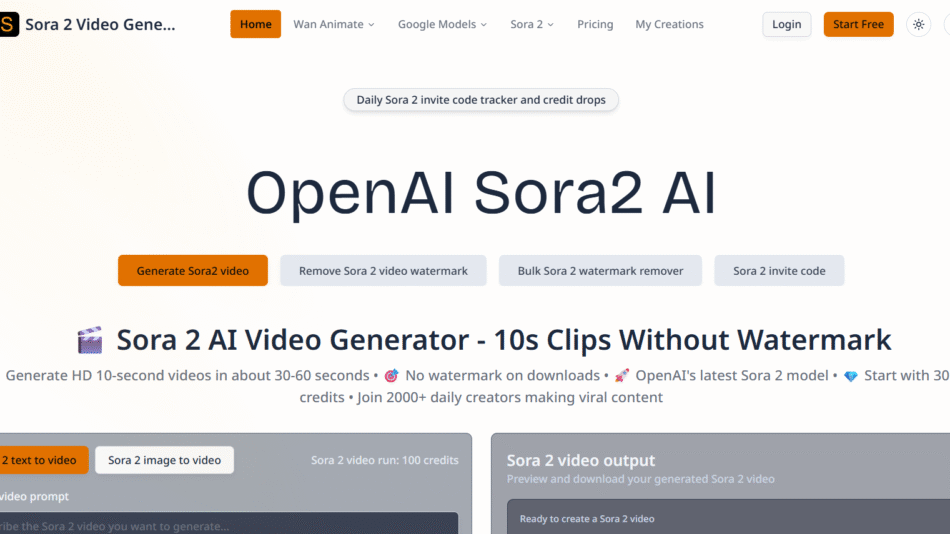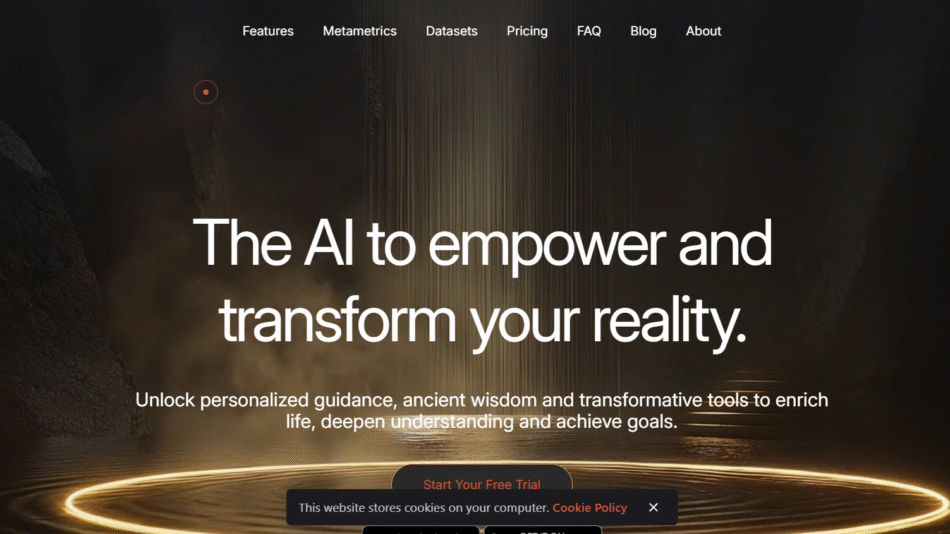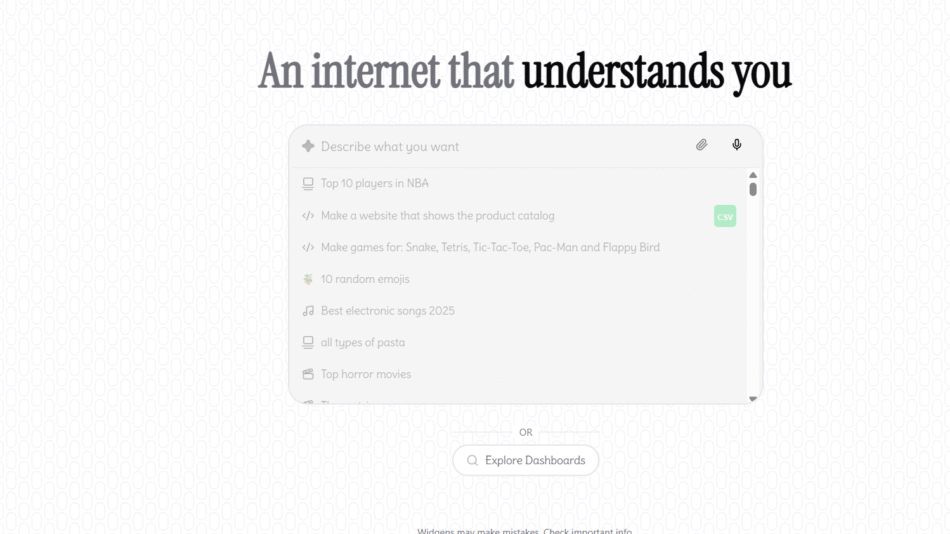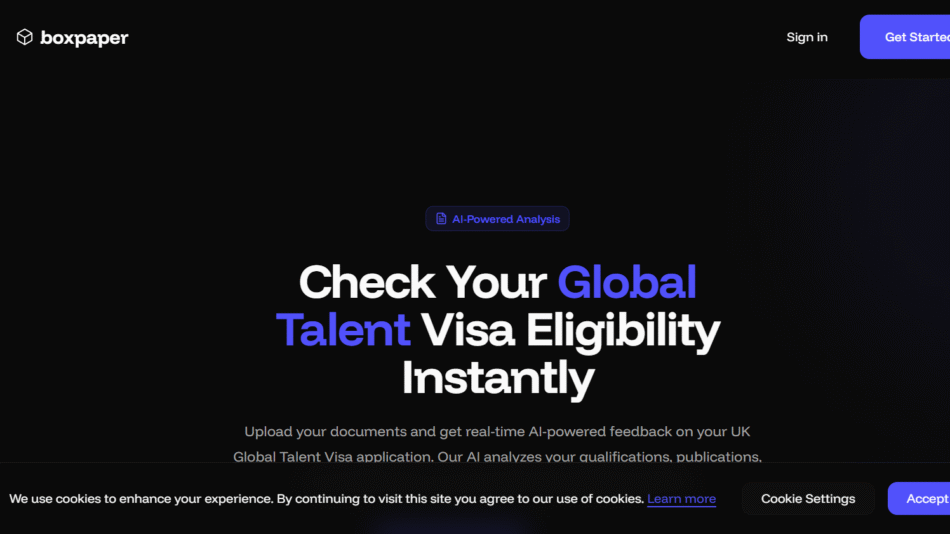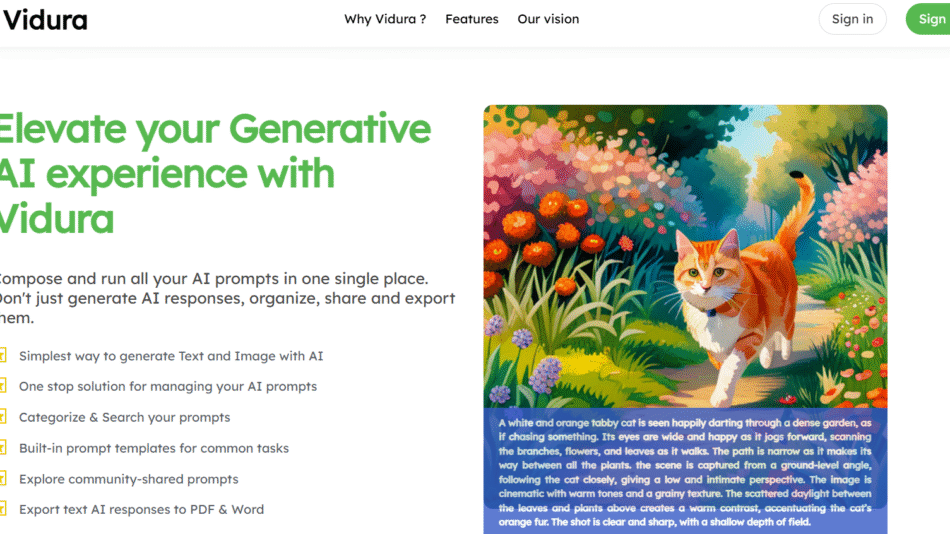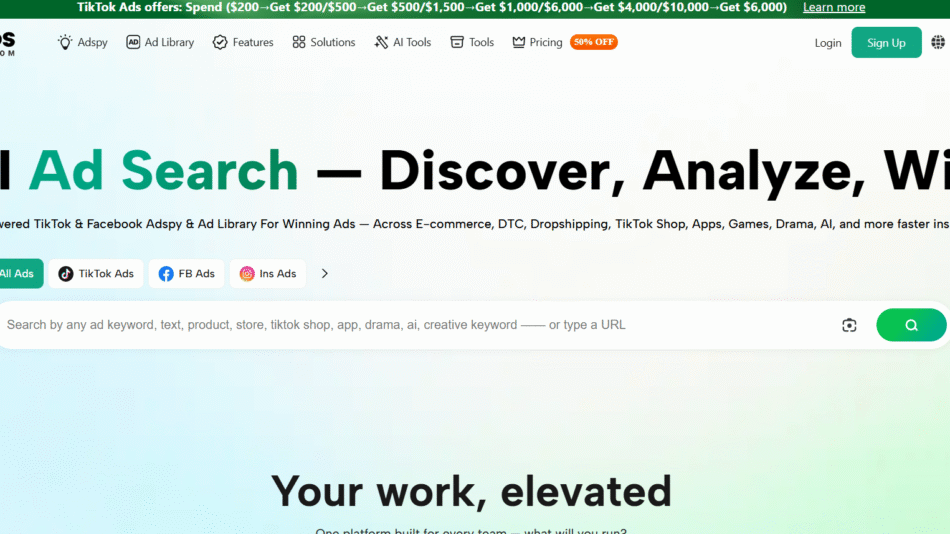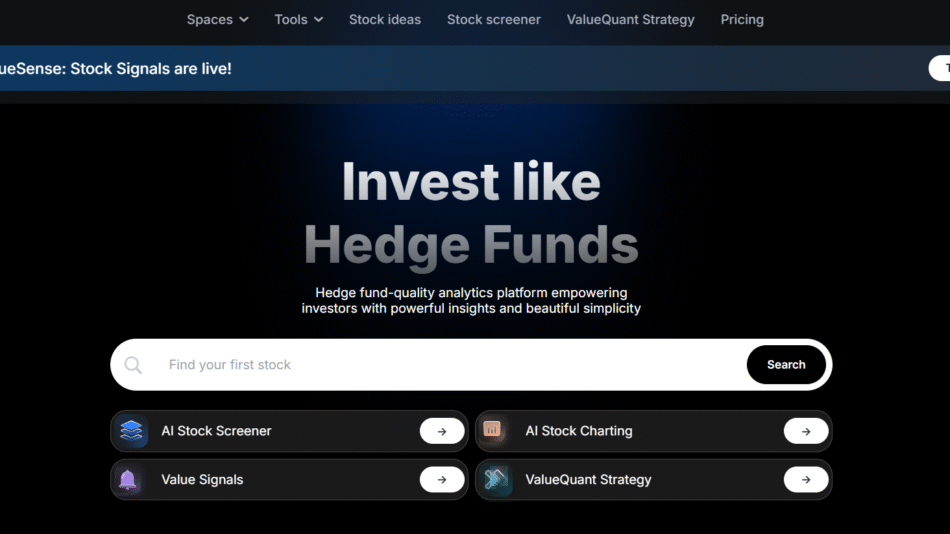Open Knowledge Maps is an innovative tool designed to improve the visibility and accessibility of scientific knowledge. By utilizing artificial intelligence, it creates visual knowledge maps that help users quickly understand the structure and content of a research topic. This platform is especially valuable for researchers, students, and professionals who need to stay updated with the latest developments in their field.
Features
AI-Powered Mapping: Generates visual maps from scientific literature, showing the main areas and connections within a research topic.
Comprehensive Search: Integrates with databases like PubMed, BASE, and more, offering access to a wide range of scientific articles.
User-Friendly Interface: Simple and intuitive interface that allows users to easily explore and navigate through the knowledge maps.
Open Access: Promotes open science by providing free access to its tools and resources.
Custom Integrations: Allows organizations to embed Open Knowledge Maps into their own systems, enhancing their discovery capabilities.
Community and Collaboration: Encourages collaboration by allowing users to share and discuss maps with peers.
How It Works
Open Knowledge Maps works by extracting metadata from scientific articles and using algorithms to group similar articles together. This creates a visual map that highlights key topics and their interconnections. Users can click on any cluster within the map to see the underlying articles and explore the specific subtopics in more detail.
Use Cases
Academic Research: Helps researchers quickly identify relevant literature and understand the broader context of their research topics.
Education: Assists students in grasping complex subjects by providing a visual overview of the key areas and latest research.
Healthcare: Enables healthcare professionals to stay updated with the latest medical research and developments.
Policy Making: Supports policymakers in accessing and understanding scientific evidence to inform their decisions.
Pricing
Open Knowledge Maps is a free tool, available to anyone who wants to explore and discover scientific literature. However, organizations can become supporting members to contribute to the platform’s development and sustainability. Custom services, such as API integration, may involve additional costs.
Strengths
Accessibility: Free and open access to scientific knowledge maps.
Efficiency: Saves time by quickly identifying relevant research and visualizing the structure of a topic.
Collaboration: Facilitates sharing and discussion of research topics among peers.
Support for Open Science: Aligns with the principles of open access and open science.
Drawbacks
Scope: Limited to the databases it integrates with, potentially missing out on some niche publications.
Customization: While user-friendly, the customization options for maps might be limited compared to some specialized research tools.
Comparison with Other Tools
Open Knowledge Maps vs. Google Scholar: Google Scholar provides a comprehensive search for academic papers, while Open Knowledge Maps offers a visual representation, making it easier to see connections and structure within a topic.
Open Knowledge Maps vs. ResearchGate: ResearchGate focuses on networking and sharing among researchers, whereas Open Knowledge Maps is more about visual discovery and topic mapping.
Open Knowledge Maps vs. PubMed: PubMed is a database for life sciences and biomedical information; Open Knowledge Maps integrates with PubMed but also includes other sources and offers visual mapping.
Customer Reviews and Testimonials
Open Knowledge Maps has received positive feedback from its users:
Dr. David Johann, ETH Zurich: “An innovative tool for literature search, supporting further development of scientific knowledge visibility.”
Girija Goyal, Wyss Institute: “Breaks down papers into clusters, making it easier to identify themes and pertinent literature.”
Dr. Andrea Hacker, University Library Bern: “A significant reinforcement in open science and open access.”
Conclusion
Open Knowledge Maps stands out as a powerful tool for discovering and understanding scientific literature through visual mapping. Its AI-driven approach, user-friendly interface, and commitment to open access make it an invaluable resource for researchers, educators, and professionals across various fields. While it has some limitations, the benefits of streamlined discovery and enhanced collaboration outweigh the drawbacks.

